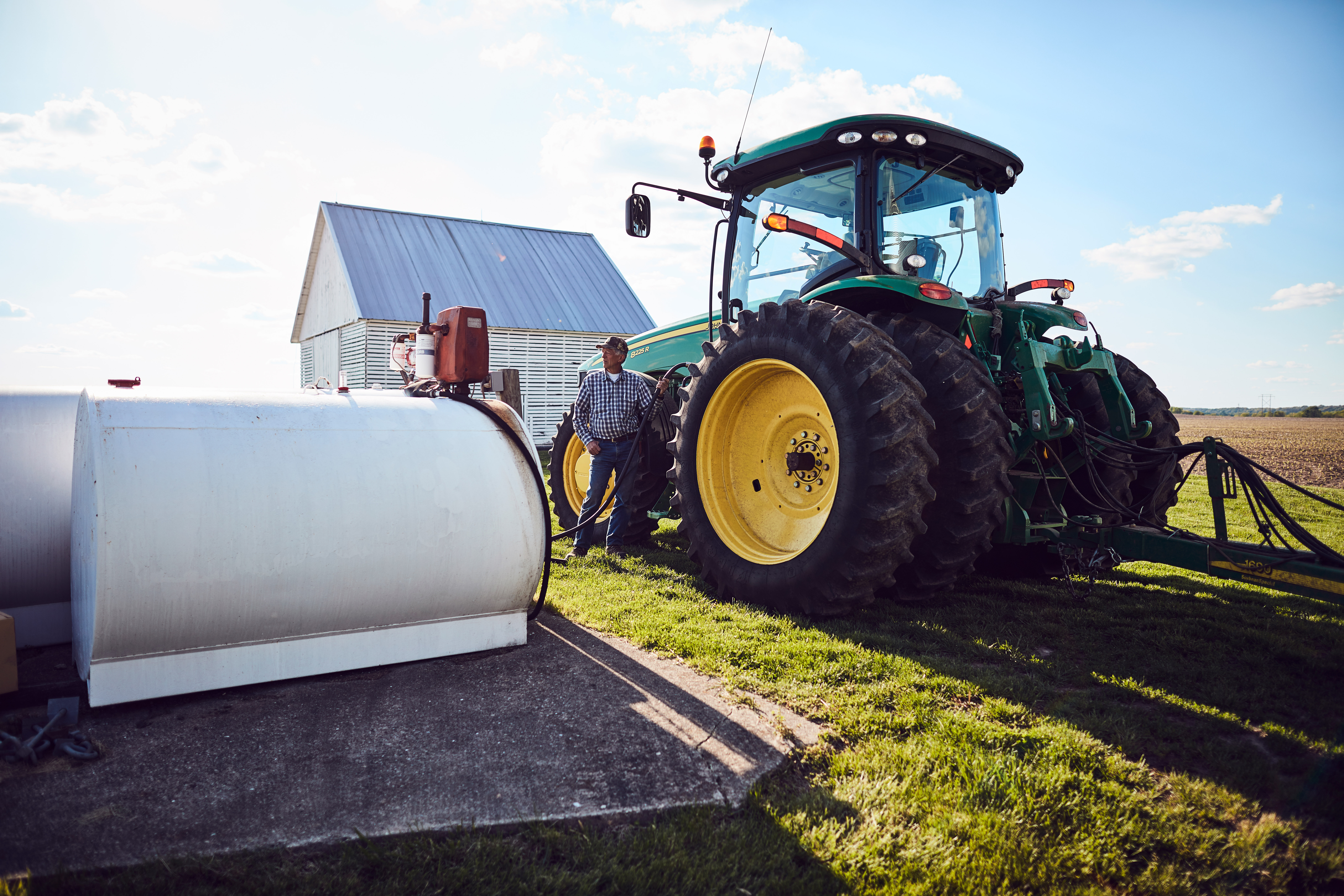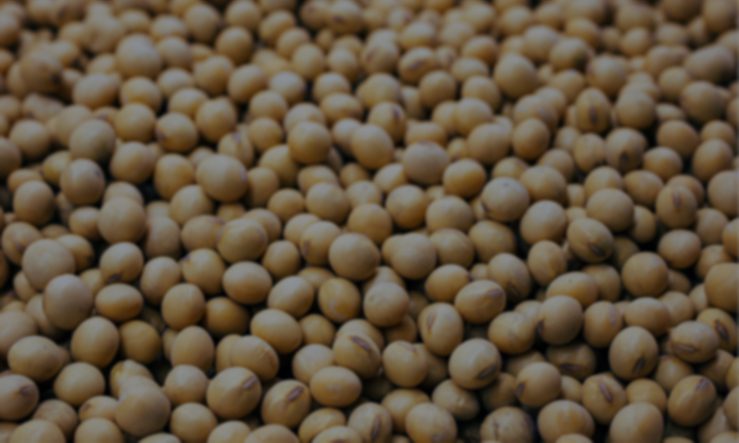Not Your Dad’s Biodiesel

Biodiesel is: Biodiesel is America’s Advanced Biofuel. It is a drop-in diesel alternative, made from domestic, renewable resources such as plant oils, animal fats, used cooking oil and even new sources such as algae. Biodiesel contains no petroleum but can be blended with petroleum diesel. Biodiesel blends can be used in compression-ignition (diesel) engines. Biodiesel cuts carbon significantly, and is simple to use, biodegradable, nontoxic, and essentially free of sulfur and aromatics.
Biodiesel is not: Biodiesel is not raw vegetable oil. Fuel-grade biodiesel must be produced to strict industry specifications (ASTM D6751) in order to ensure proper performance. Only biodiesel that meets the spec and is registered with the Environmental Protection Agency is a legal motor fuel. Biodiesel is not the same as renewable diesel. While both fuels can be made from similar feedstocks, they are made using different production processes and the resultant fuels have different properties. Biodiesel is not the same as ethanol. Ethanol is produced primarily from fermentation of corn and cellulosic materials and is designed for use only in gasoline engines. Biodiesel is made from the oil and fat by-products of producing high quality proteins which help feed the world and is a high BTU content fuel designed for use only in diesel engines.
Myth: Does not perform as well as diesel
Fact: Biodiesel has higher cetane than U.S. diesel fuel. A higher cetane number means the engine is easier to start and reduces ignition delay. B20 (20 percent blend of biodiesel with diesel fuel) provides similar fuel economy, horsepower, torque, and haulage rates as diesel fuel. Biodiesel also has superior lubricity, and it has the highest BTU content of any alternative fuel.
Myth: No objective fuel standard exists
Fact: Just like gasoline and diesel, biodiesel has fuel quality specifications. ASTM’s original specification for pure biodiesel is D6751. Other ASTM specifications include:
- Blends of diesel and biodiesel, from 6 to 20 percent (D7467)
- Biodiesel blends up to B5 in diesel fuel (D975)
- Home heating and boiler applications (D396)
Myth: Does not work in cold weather
Fact: Properly managed, high quality biodiesel blends are successful in the coldest of climates. Just like No. 2 diesel, biodiesel will gel in very cold temperatures. Although pure biodiesel has a higher cloud point than No.2 diesel, blends of 20 percent biodiesel are usually managed with similar techniques. Blends of 5 percent and below have virtually no impact on cold weather operability. Click here for more information.
Myth: Fuel quality is inconsistent
Fact: Studies by the National Renewable Energy Laboratory show the biodiesel industry has substantially met national fuel quality standards. Plants certified under BQ-9000, the industry’s quality assurance program, consistently hit the quality mark. Biodiesel production facilities certified under the program represent more than 90 percent of the U.S. commercial biodiesel market volume.
Myth: Use voids manufacturers’ engine warranty coverage
Fact: Use of biodiesel in and of itself does not void the parts and workmanship warranty of any vehicle or engine manufacturer. And users of high quality B20 and lower blends meeting the latest stringent ASTM standards report performance is as good as — if not better than — petro-diesel alone. Most manufacturers do make fuel recommendations, and biodiesel blends up to B5 are fully supported by all major manufacturers producing diesel equipment for the U.S. market. In the GVW Class 5-8 vehicles that account for 92 percent of on-road diesel fuel use, nearly 90 percent of the medium- and heavy-duty truck OEMs support up to B20, many of them for over a decade. Click here for specific statements from manufacturers.
